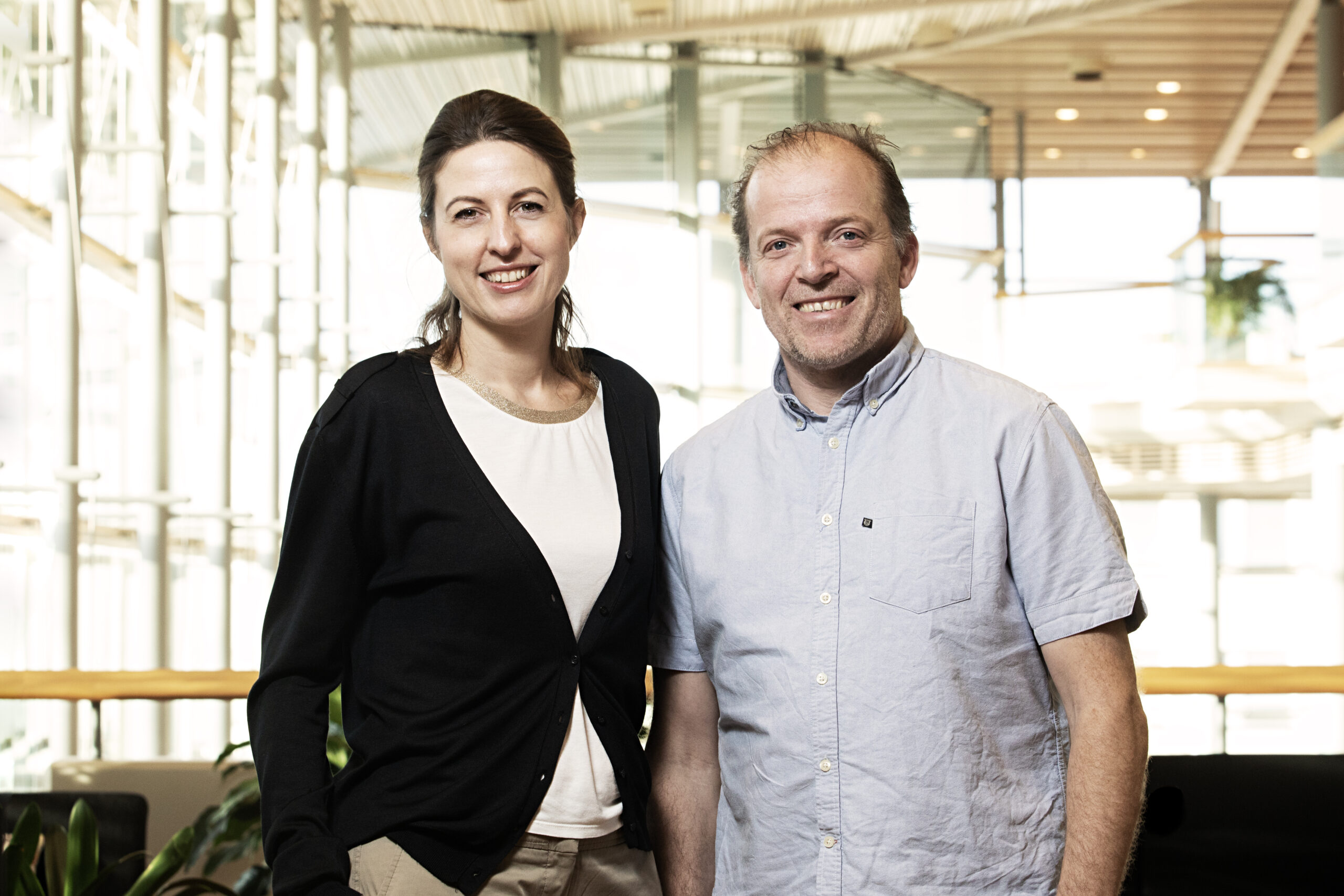Västernorrland is taking another step forward in developing competitive and circular industry. Big Akwa has been granted a 25-year environmental permit to produce up to 6,000 tonnes of rainbow trout annually at its land-based facility in the Alby industrial park, Ånge Municipality.
The facility will use a recirculating aquaculture system (RAS) combined with industrial symbiosis, where excess heat and oxygen from nearby hydrogen production will be reused in the fish farming process.
–This is an important step forward. By applying a modern, resource-efficient approach, we can significantly reduce feed and energy consumption per kilo of fish produced. This not only results in a low-impact protein that is in high demand, but also creates a long-term economicaly attractive model for investment, says Hugo Wikström, VP and co-founder of Big Akwa.
A regional model for cooperation
Ånge Municipality has played an active role in shaping a local collaborative ecosystem. By recognizing the municipality’s advantages – including access to renewable energy, infrastructure, and industrial land – strategic partnerships have been forged to create new value in the region.
The region has since attracted ambitious projects, including green hydrogen and fuel production at Alby PtX led by RES, Prime Capital and Norsk e‑Fuel, backed by major permit milestones and investment efforts.
Big Akwa is now joining this innovation landscape. The company is working closely with Ånge Municipality, technical advisers and other key stakeholders to integrate its trout farm into a broader circular model that includes reusing heat and oxygen from the nearby hydrogen production.
– Big Akwa’s environmental permit is an important step towards realizing the company’s vision and strengthens Västernorrland’s position in both blue and green food tech. The company is uniquely positioned to create synergies with greenhouses and other foodtech actors, building an ecosystem where resource flows are managed with circularity at its core, says Bengt Högberg, Senior Investment Advisor at High Coast Invest.
What this means for the region
- Resource efficiency through cooperation: The facility will reuse by‑products like heat and oxygen and convert nutrients into biochar, fertilisers, and microbial protein.
- Strengthened local industrial network: This is a tangible example of how Ånge is building a connected, multi‑industry cluster—from energy production to food tech.
- Clear timeline ahead: The project is expected to begin operations in 2026, reaching full capacity by 2029, offering long‑term planning and local employment.
Photo: Big Akwa/Frida Sjögren



